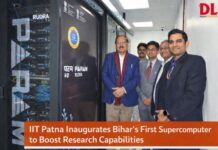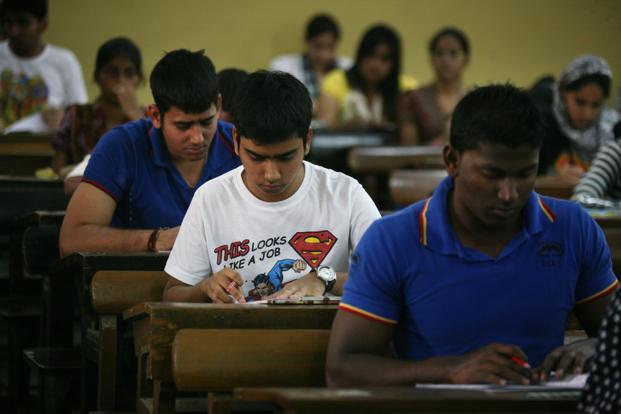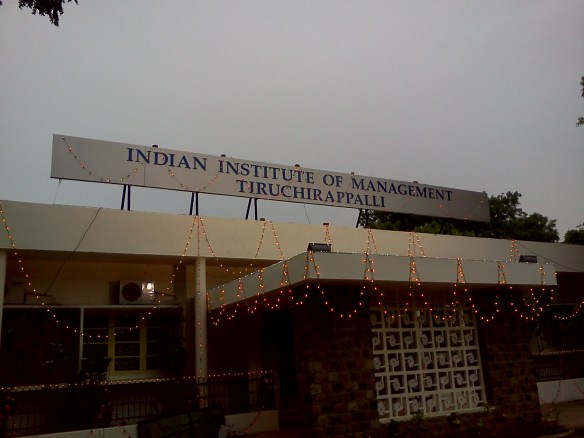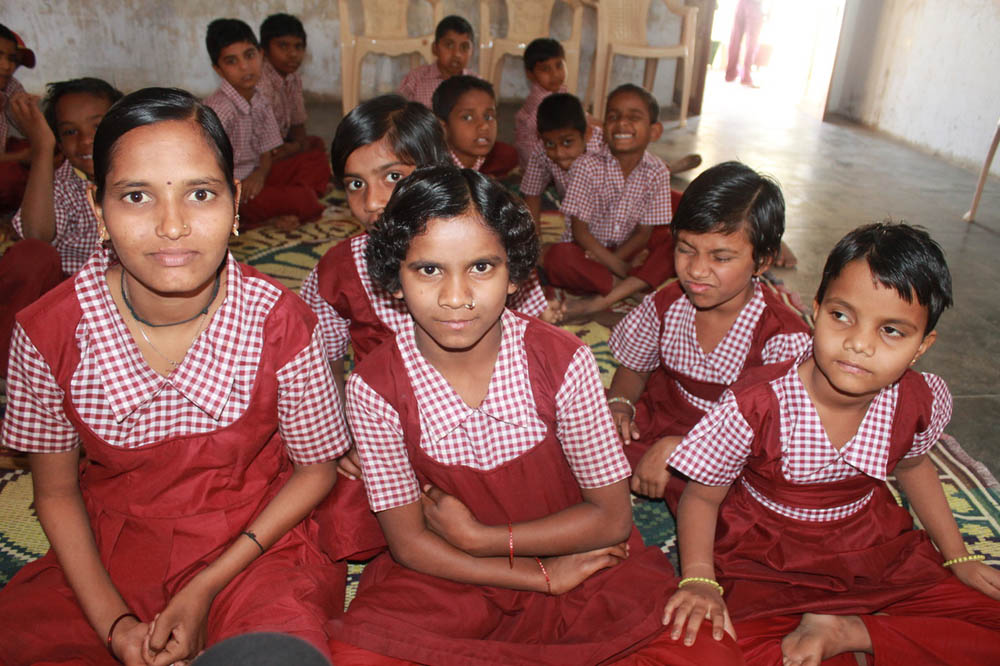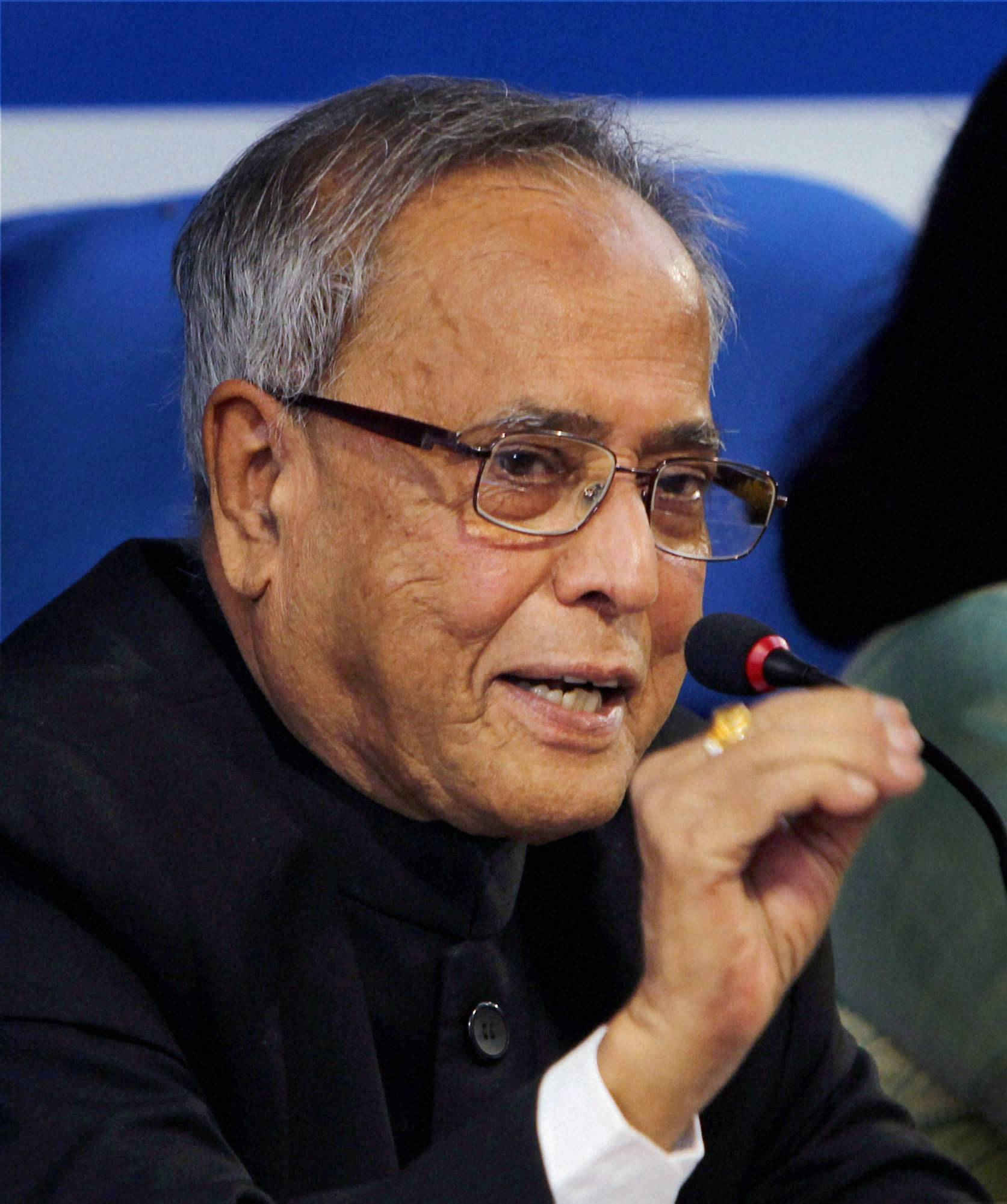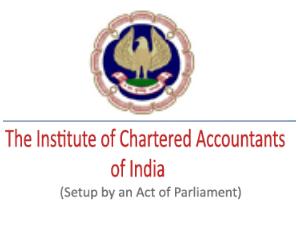The Institute of Chartered Accountants of India, the statutory body for regulation of Chartered Accountants in the country, will hold its campus placement programme from 10th to 15th March, 2014. About 980 candidates, who have recently completed their chartered accountancy, are likely to participate in the campus placement programme in New Delhi. Some of the leading names of Indian industry like Bharti Airtel, MMTC Limited, Genpact, Bharat Petroleum Corpn. Limited, Indiabulls Housing Finance Limited, Macquarie Global Services, The Federal Bank Limited, Wipro Limited and Universal Sompo General Insurance Company Limited etc., have confirmed their participation for the placement programme.
ICAI, through its Committee for Members in Industry (CMII), organises Campus Placement Programme at 16 different locations in the country. The programme is held twice every year in February-March and August-September. In 2013, about 120 companies participated in Campus Placement Programme and about 1600 candidates were offered jobs. The companies, which hired Chartered Accountants in 2013, mostly belonged to industries like Information Technology, Financial Services, Oil & Gas Refining, Banking, BPO, Telecommunication, Mining, FMCG, Agro etc.
Commenting on the placement drive, CA K. Raghu, President, ICAI, said, “This is an excellent opportunity for topline Indian companies to recruit the finest minds in the accountancy space. For budding chartered accountants, the campus placement programme means they can start their career on a high note and get exposed to managing finances of some of the biggest corporates and conglomerates.”

